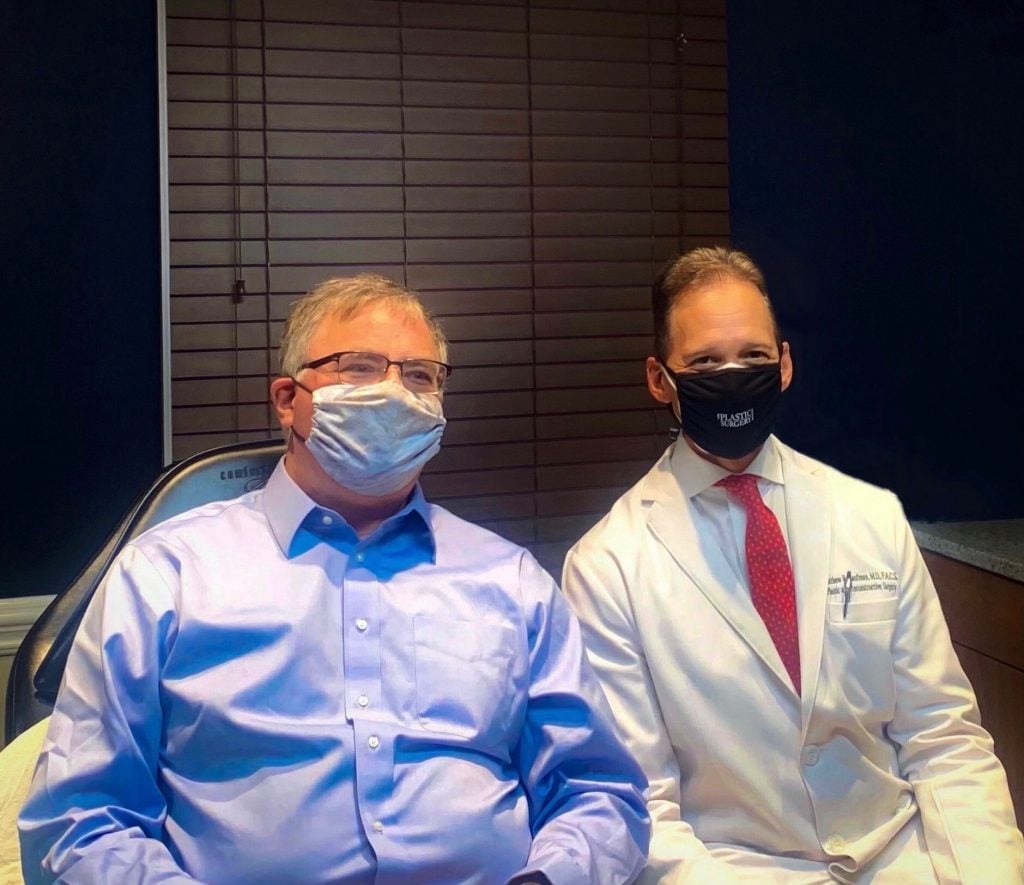Summarize This Article:
Summarize This Article:

Don Bird underwent phrenic nerve surgery with Dr. Matthew Kaufman in November 2011. After a steady recovery, according to his latest lung function tests, Bird has experienced a remarkable 70-80 percent improvement.
The initial injury to Bird’s phrenic nerve occurred during surgery for skin cancer when the 48-year-old Australian handyman was 17 years old. He became increasingly restricted and was hospitalized during multiple bouts of pneumonia. According to Dr. Kaufman of The Institute for Advanced Reconstruction, such a recovery is remarkable due to the fact that Bird’s phrenic nerve completely degenerated. Kaufman states that Bird’s example, as well as others, have shown that “we have clearly demonstrated that the surgery works to reverse diaphragm paralysis, as well as the efficiency and safety of the surgery.” Since 2007, Kaufman has performed this surgery on well over 100 patients from ages 9 to over 70 from around the U.S. and various other countries with an 80% success rate.
The phrenic nerve controls the function of the diaphragm muscle – the primary muscle involved in breathing. Injuries to this nerve cause difficulties in breathing, as well as infection, such as dangerous bouts of pneumonia. Until now, treatment for phrenic nerve injury has been limited to either nonsurgical therapy or diaphragm plication, neither of which attempts to restore normal function to the paralyzed diaphragm.
Kaufman, who also performs phrenic nerve surgery to free spinal cord injury patients from ventilator dependency, states, “Time and again, phrenic nerve patients are told they just have to live with the damage and restrictions. We have overwhelming evidence that is not the case.”
Recently, Dr. Kaufman and colleagues published an article in the November 19, 2013, edition of The Annals of Thoracic Surgery. The article, Functional Restoration of Diaphragmatic Paralysis: An Evaluation of Phrenic Nerve Reconstruction, includes the first known published protocol for surgical management of patients with diaphragm paralysis.




